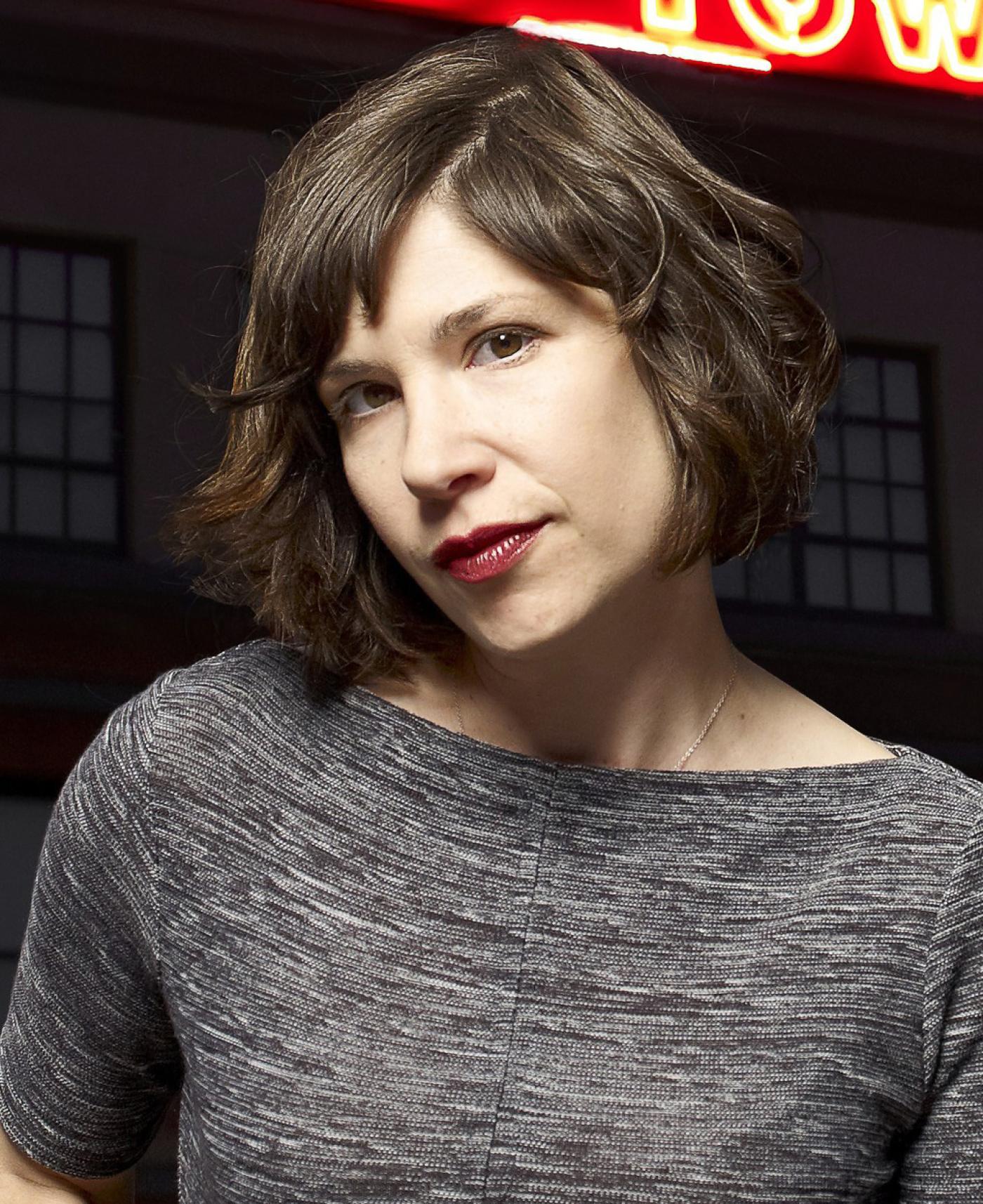And, uh, so I felt a sense of otherness, but couldn't quite put my finger on what that was because there wasn't a, Like a counternarrative for me to embrace where I understood. Well, this is why I'm different. This is this is what it means to be Jewish. And this is what we practice. This is what we believe in. And, you know, so it was just this kind of no man's land. But to me, in some ways, being Jewish is a no man's land, you know what I mean? It's a it's about questioning who we are, why we're here, what is our place in the world. And you know, how do we do the right thing? It's a lot totally at odds with really what it means to Jewish in general is to kind of feel a sense of displacement, whether it's through the diaspora or because of the Holocaust. Like there is a there is a huge, I think, sense sometimes of. So I think despite it feeling like a lack of awareness or, or or practice or indoctrination. Indoctrination in a strange way. It was also those things, I mean, to to be, you know, a Jewish family in a very predominantly Christian environment. Um, and the older I've gotten and living in Los Angeles, where, you know, there's a lot of practicing Jews across the spectrum of Orthodoxy, uh, it's really nice to, to embrace some of the traditions that I didn't have growing up, you know, that, you know, people here, you know, going to, you know, Shabbat dinner, going, you know, going to Passover, like actually sort of being around people who are really embrace being Jewish and the culture surrounding it. And, um, that's been important to me as I've, as I've gotten older. Mhm. Um, and, you know, I'm someone in the industry who didn't change my last name. So, you know, it's like it's there their weather. And I think that's always interesting. You know, where it's like whether you want it, whether you know what it means to be Jewish or not from a religious perspective, you know, you're always kind of labeled that anyway. So it's kind of better to. And embrace it, which is, you know, perfectly fine with me.
